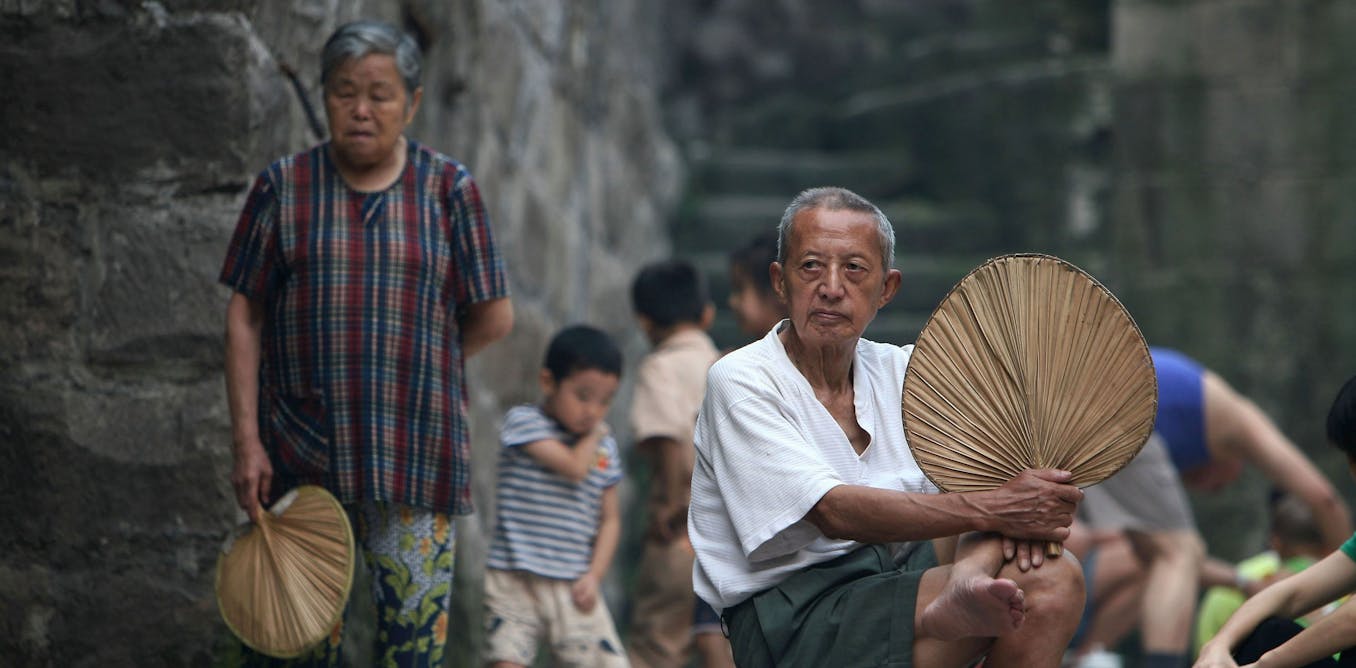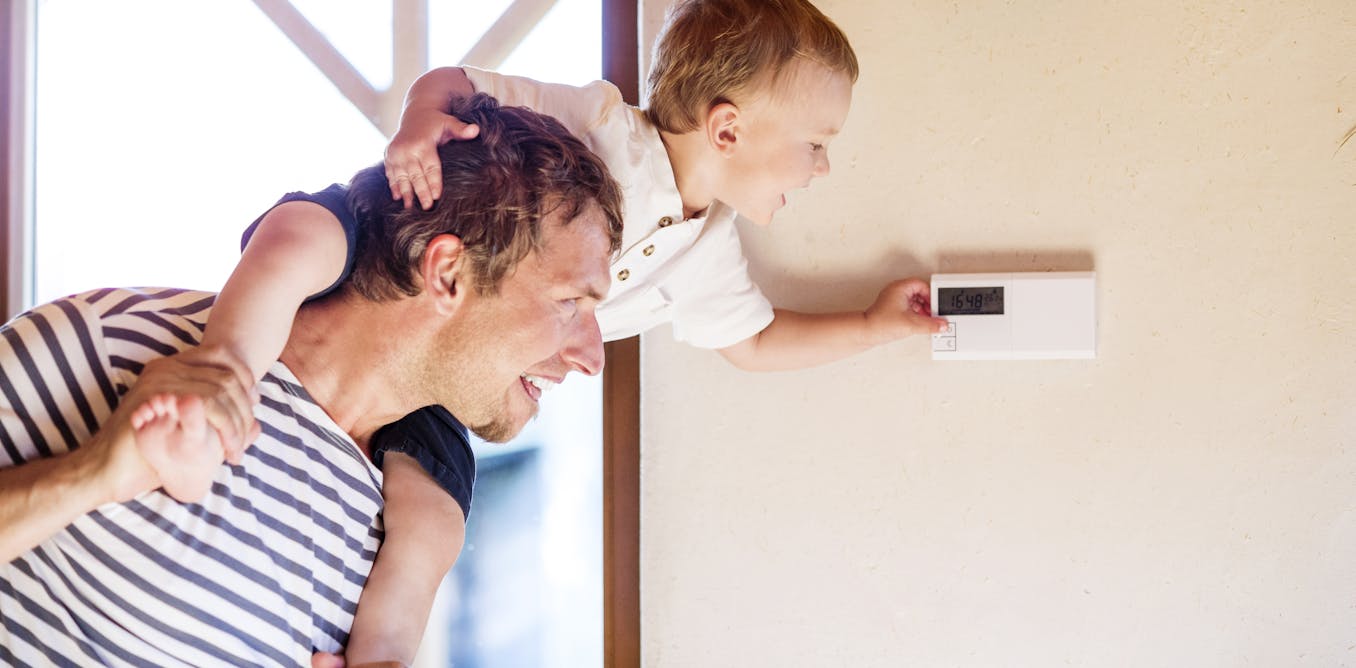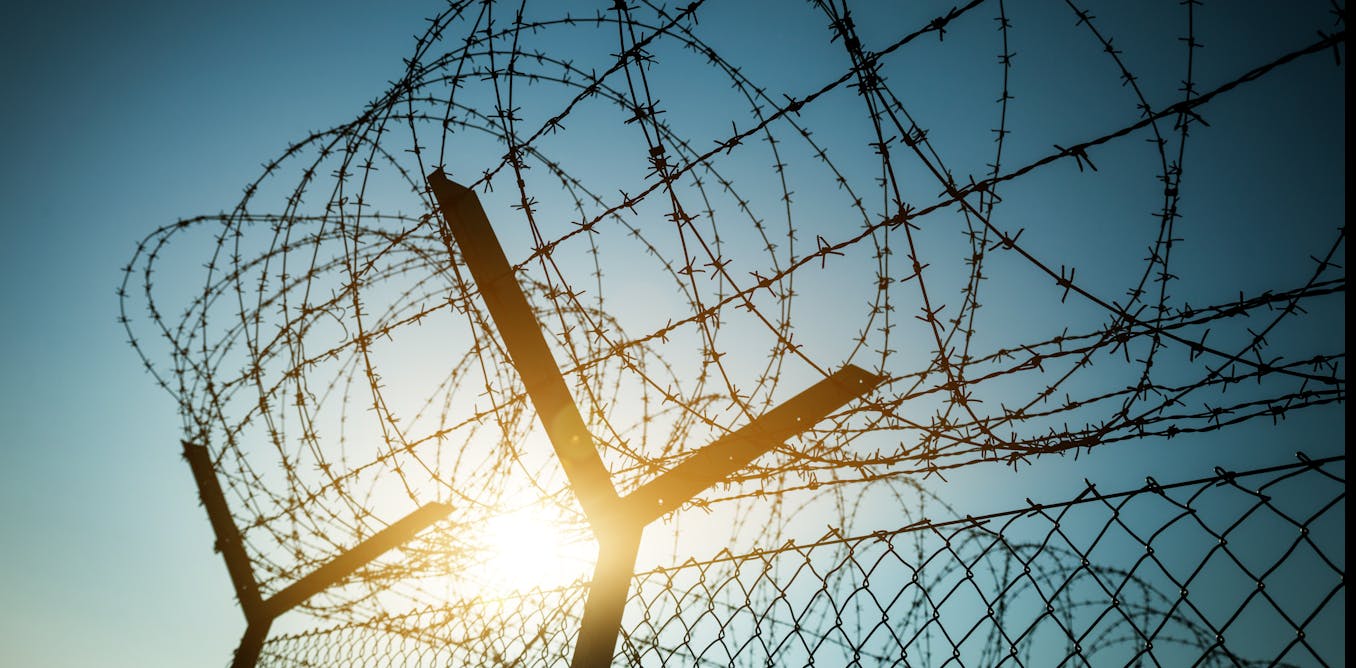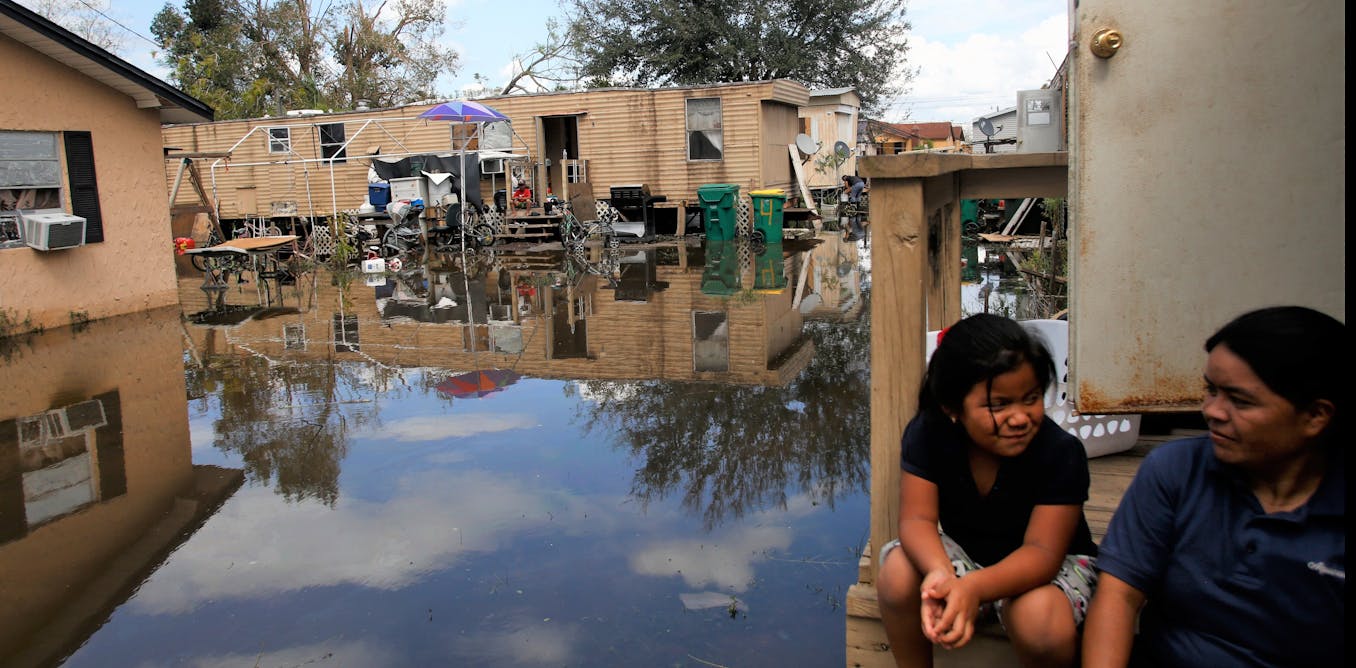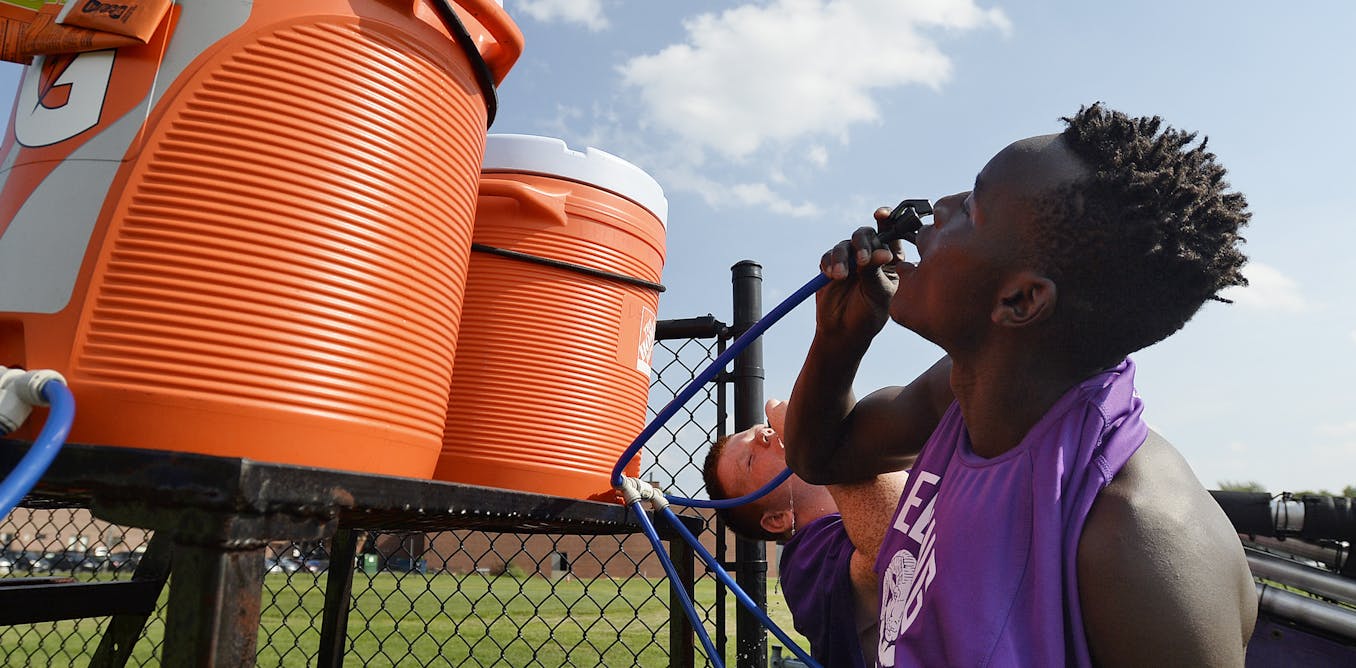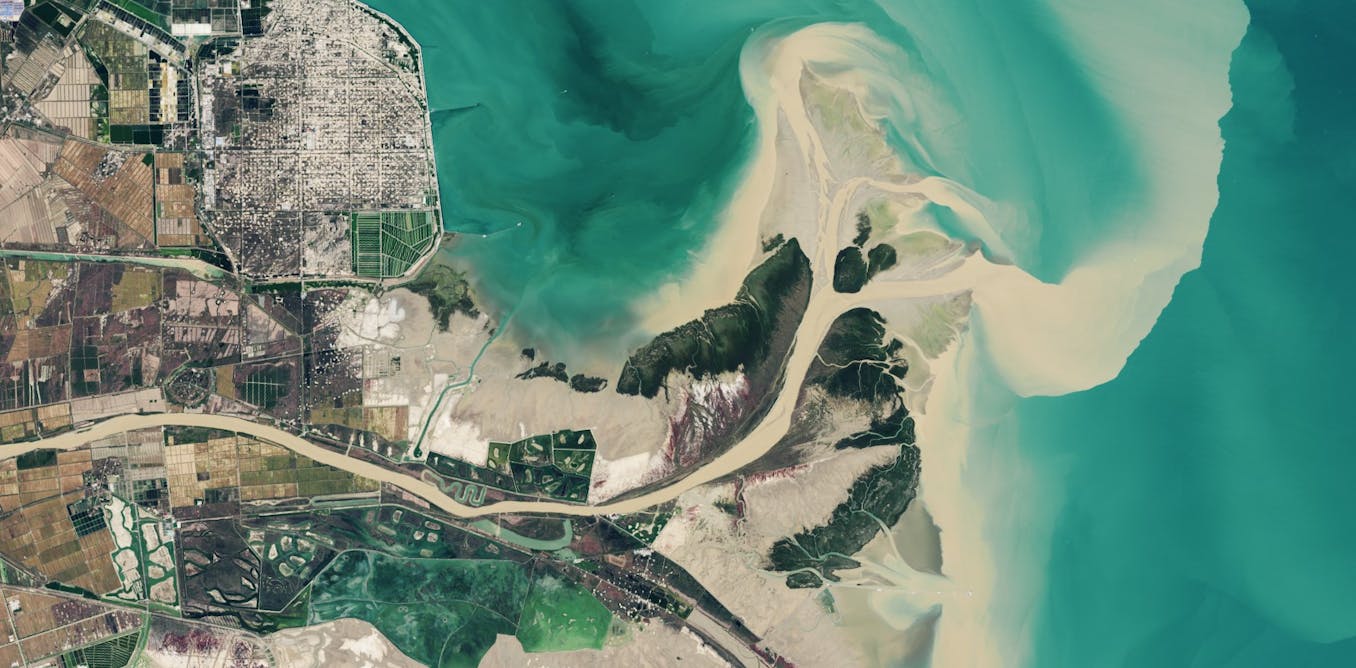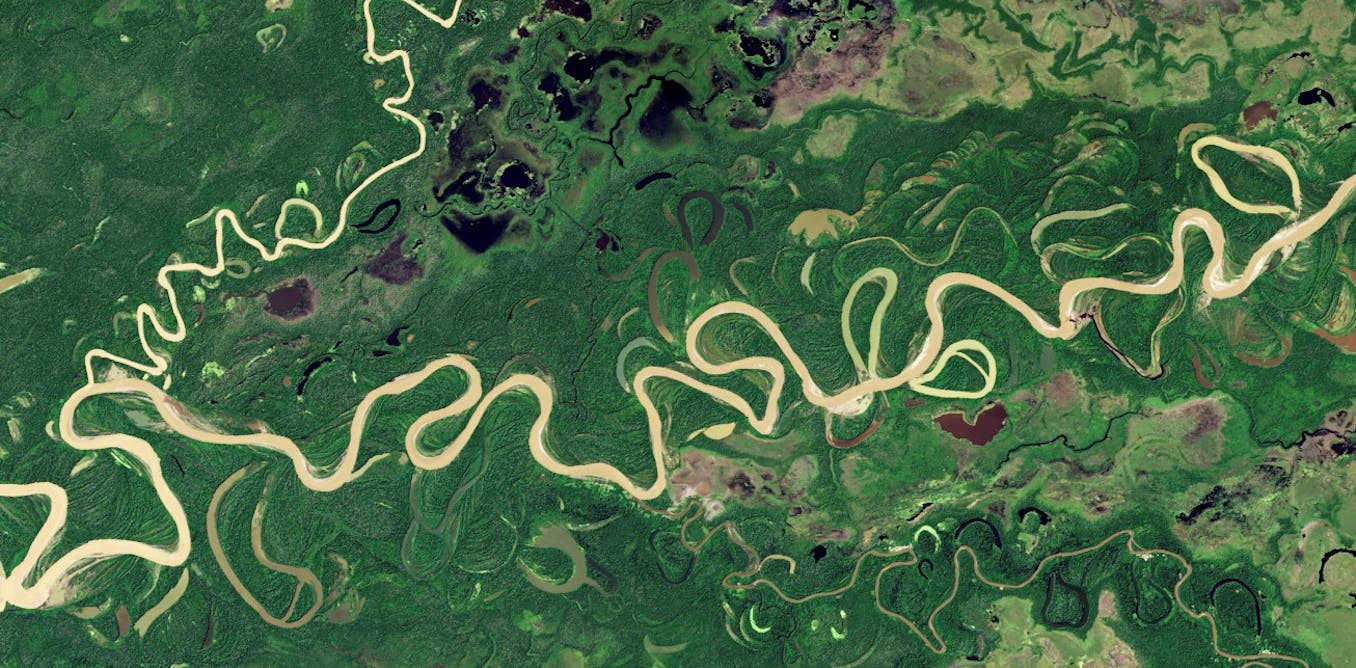If you thought this summer's heat waves were bad, a new study has some disturbing news about dangerous heat in the future
The tropics are projected to face almost daily dangerous heat by 2100. And “extremely dangerous” heat that’s almost unheard of today will occur more often in several regions.
Aug. 25, 2022 • ~8 min

